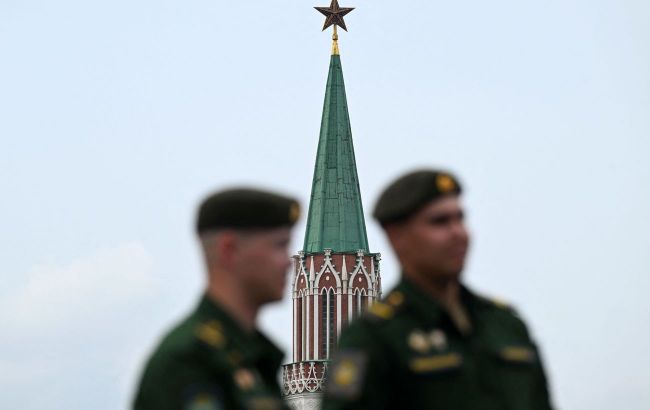Russia and Belarus head for economic conflict - Ukraine's Foreign Intelligence
 Photo: Russia is preparing for an economic conflict with Belarus (Getty Images)
Photo: Russia is preparing for an economic conflict with Belarus (Getty Images)
An economic conflict is intensifying between Russia and Belarus due to a surplus and falling sales of cement in both domestic and export markets, Ukraine's Foreign Intelligence Service reports.
That is why the largest Russian manufacturer, Cemros, which unites 16 cement plants and over 30 quarries across 13 regions, will switch to a four-day workweek starting October 1. The holding company, owned by pro-Kremlin oligarch Oleg Deripaska, proposes limiting imports and introducing five-year anti-dumping duties to protect local producers.
The main culprit of the market oversupply is Belarusian cement, which, along with supplies from Kazakhstan, Iran, China, and Vietnam, is already pushing Russian products out of the domestic market.
Over the last five years, imports have nearly tripled, while domestic consumption has risen by less than 16%. As a result, foreign cement volumes now match the annual output of several Russian plants, forcing them to reduce production.
Russian cement producers want to cap imports at 1.5 million tons per year, which would provide additional demand of at least 2 million tons for local capacities. Otherwise, in 2025, the market could shrink by 10-15% compared to 2024 levels, when demand was about 67 million tons.
Problems in Russia's economy
Despite the Russian government's attempts to keep the economy afloat through the defense sector, the only growing industry in civilian production has been the funeral sector.
In addition, Russia's largest exporters have cut planned railway shipment volumes for 2025.
Freight volumes, which hit a 15-year low in 2024, serve as a useful indicator of the manufacturing sector's state in Russia's export-oriented economy.
Meanwhile, earlier Reuters, citing its sources, reported that Russian President Vladimir Putin is increasingly concerned about the problems in Russia’s wartime economy.

